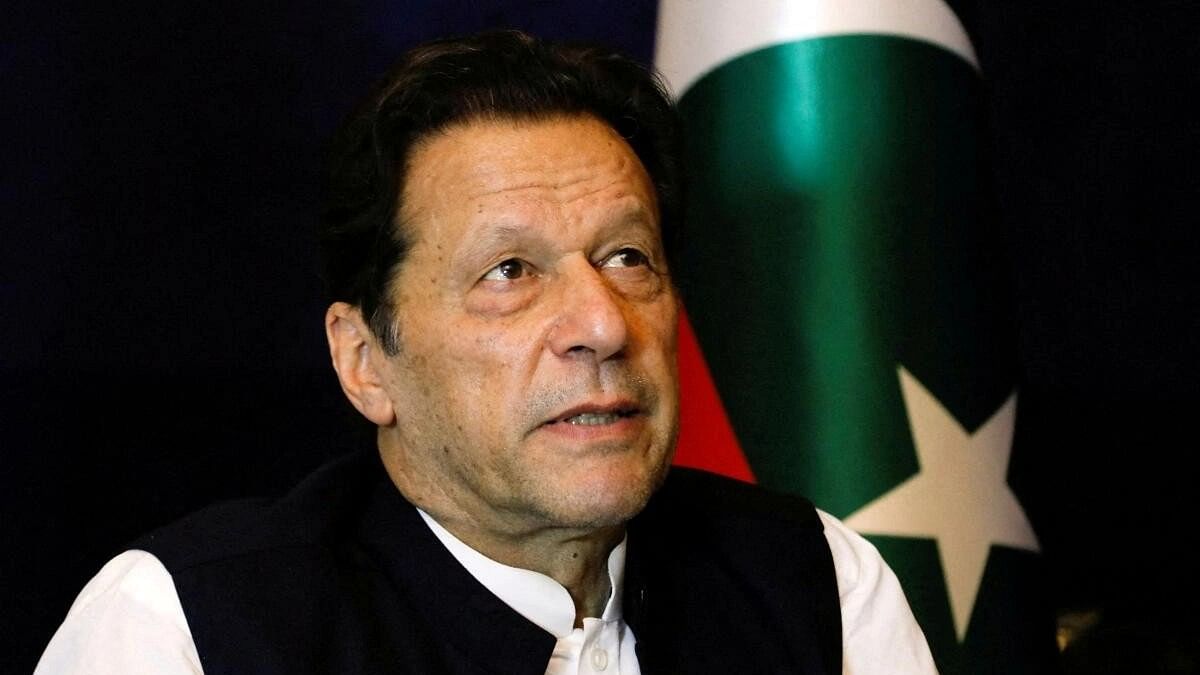
Former Pakistani PM Imran Khan.
Credit: Reuters Photo
Islamabad: Former Pakistani prime minister Imran Khan's leaking of a secret diplomatic cable hurt the South Asian nation economically, politically and diplomatically, said a detailed court judgment issued on Thursday after a guilty verdict that sentenced him to 10 years in jail.
The special court convicted Khan on Tuesday for leaking state secrets, and also disqualified the former cricket star from holding any public office for 10 years, a setback to him and his party ahead of the Feb. 8 general election.
"It is evident that Pakistan has faced serious economic, diplomatic and political consequences due to the offences committed by accused Imran Ahmed Khan Niazi," the judgment said, adding, "which in turn weakened Pakistan's economy, thus, adversely affecting national security."
The judgment found Khan, 71, guilty of making public as well as mishandling, misusing, and tampering with a secret cable from Pakistan's ambassador in Washington to the Islamabad government. It found him guilty on four counts under the Official Secrets Act.
Khan has said the cable was proof of a conspiracy by the military and U.S. government to topple his government in 2022 after he visited Moscow just before Russia's invasion of Ukraine. Washington and Pakistan's military deny that.
He has also been sentenced to three years in a corruption case in August although the sentence has been suspended. He was also sentenced to 14 years on graft charges on Wednesday, which had already ruled him out of the upcoming polls.
"This judgment is full of faults," said Khan's lawyer Intezar Panjutha, adding, "It wouldn't stand in any higher court."
Former prime minister Nawaz Sharif, who analysts consider the frontrunner to form the next government, and his daughter, Maryam Nawaz, were similarly convicted and jailed over graft charges ahead of the last general election in 2018. Analysts say that helped Khan win, while Khan's sentence now helps Sharif. Both blame the military, a charge the army denies.
Pakistan's recovery from an economic crisis depends on political stability. The election comes as Pakistan is navigating a tricky recovery path under a $3 billion International Monetary Fund bailout that helped it narrowly avert a sovereign default last year.